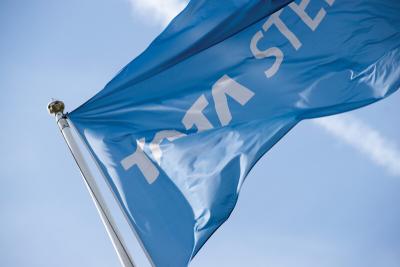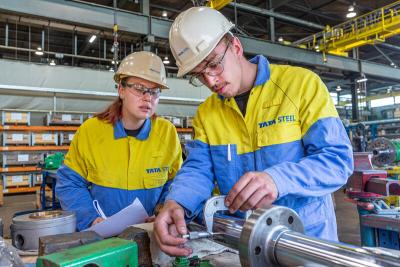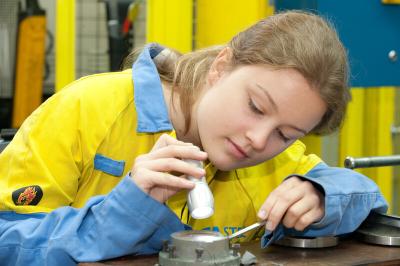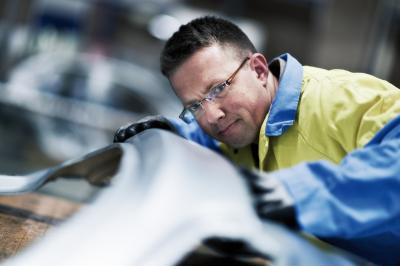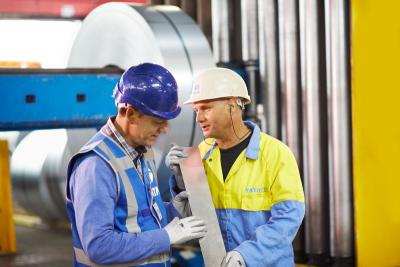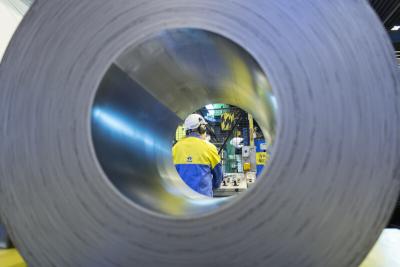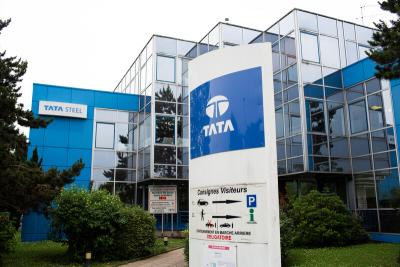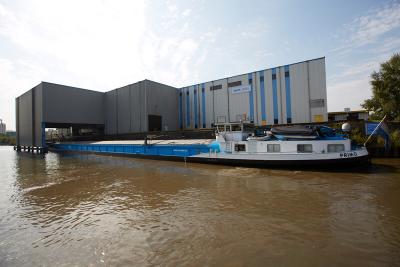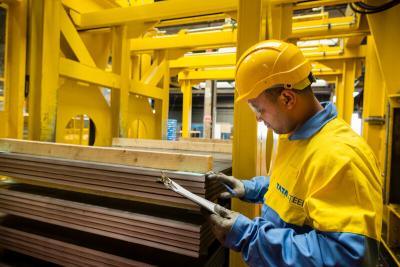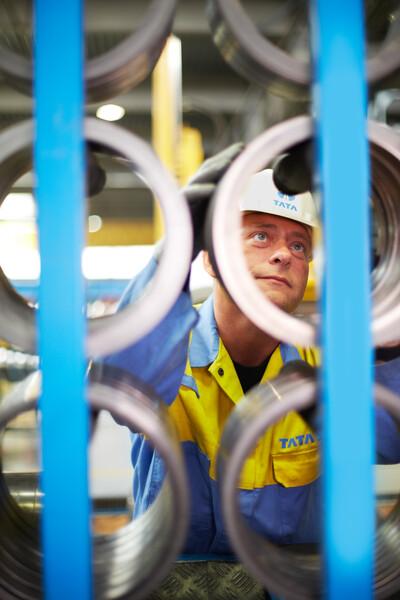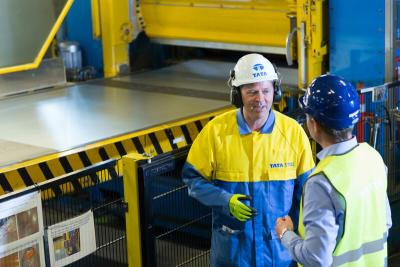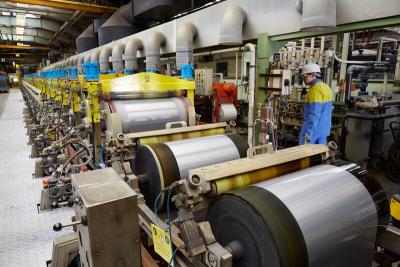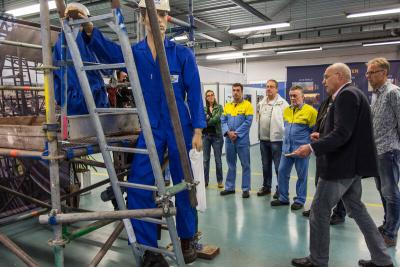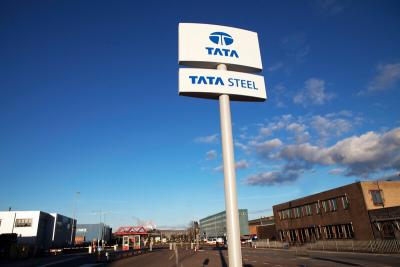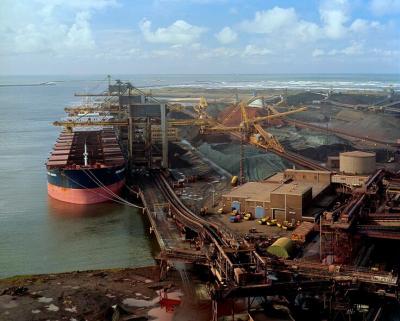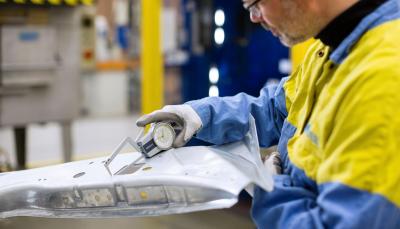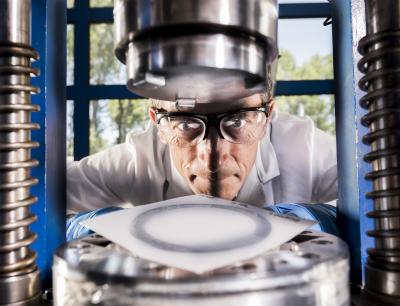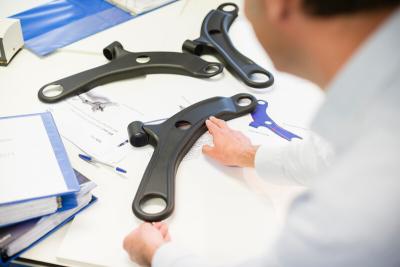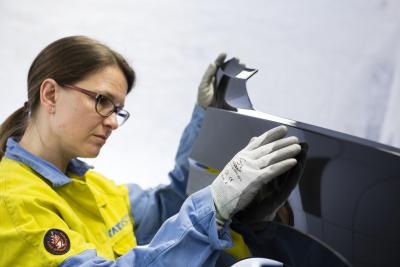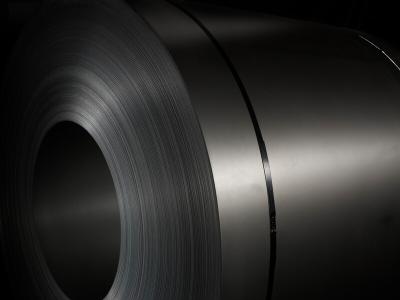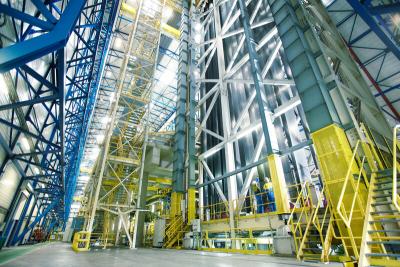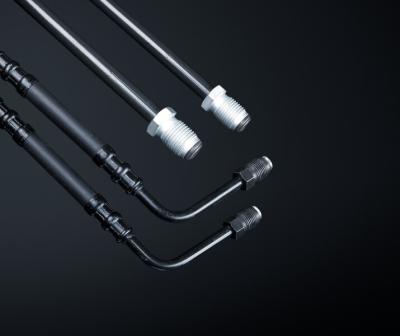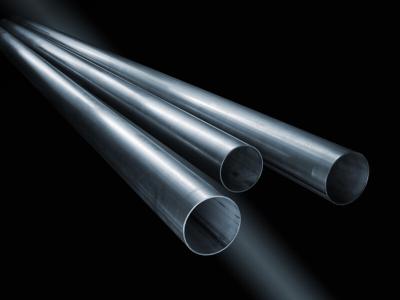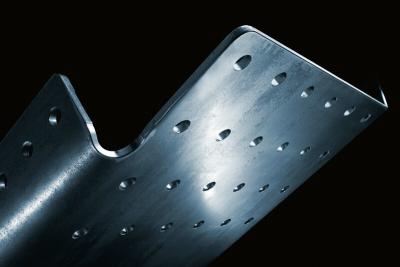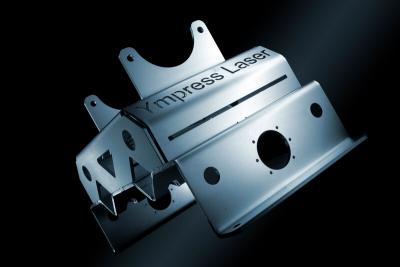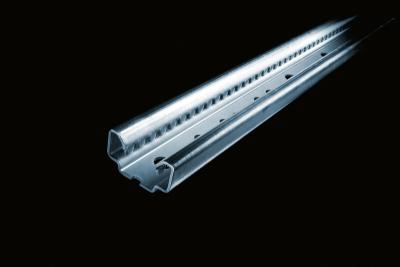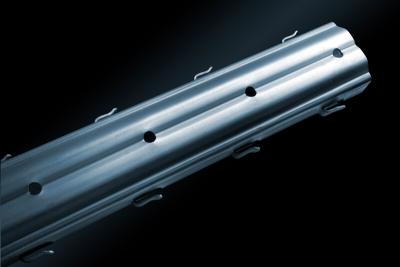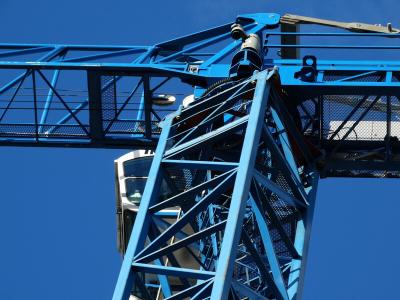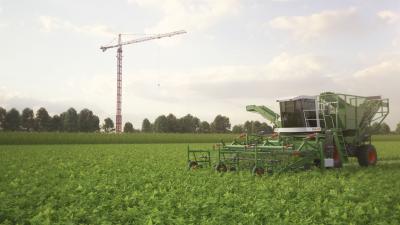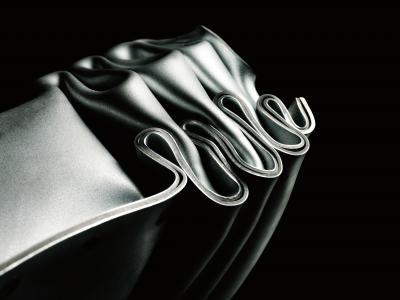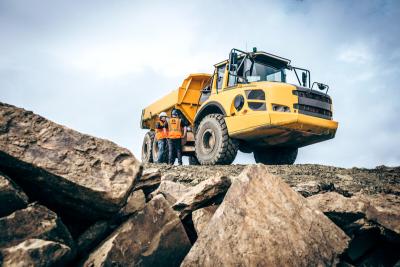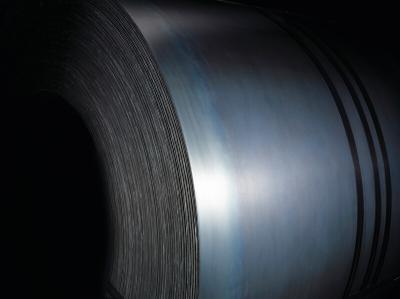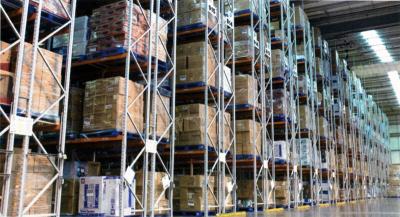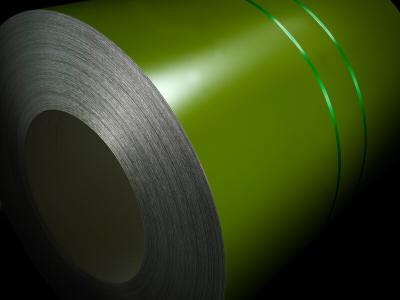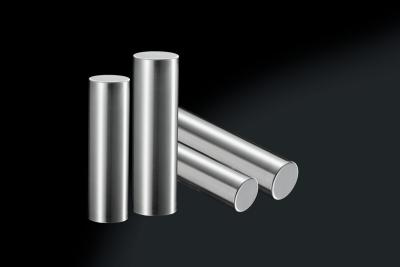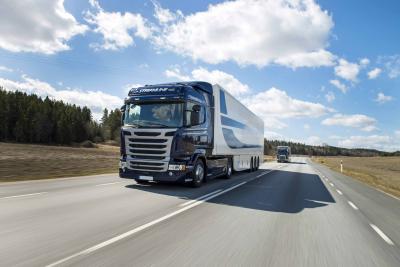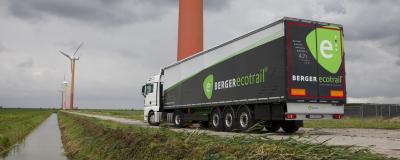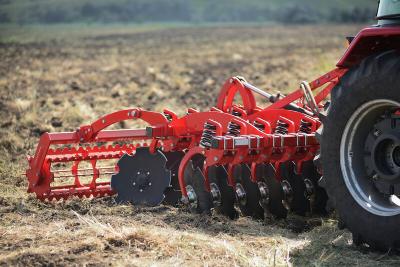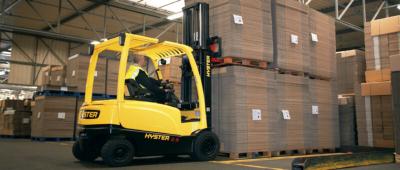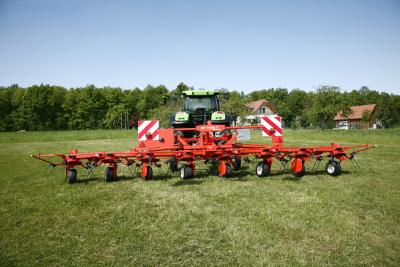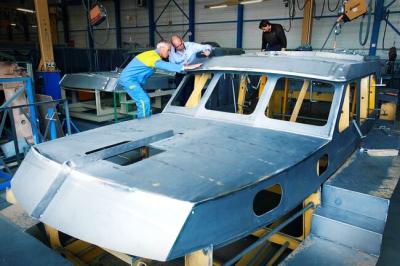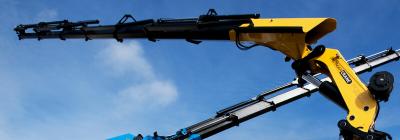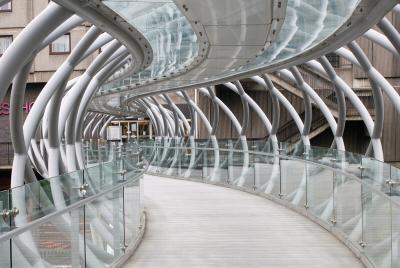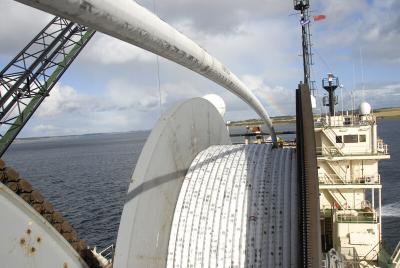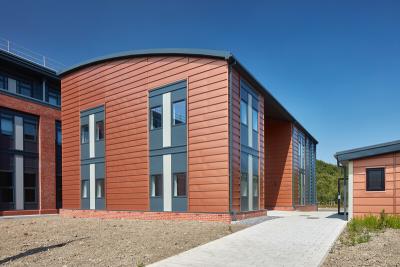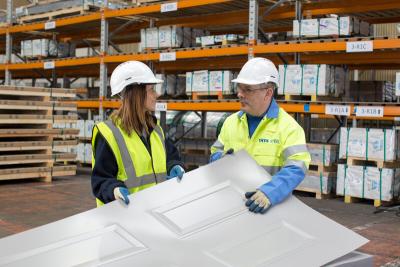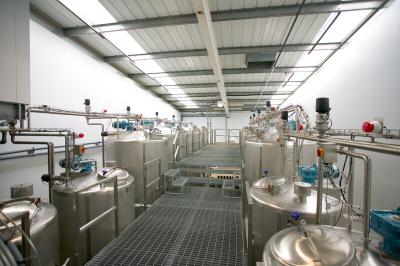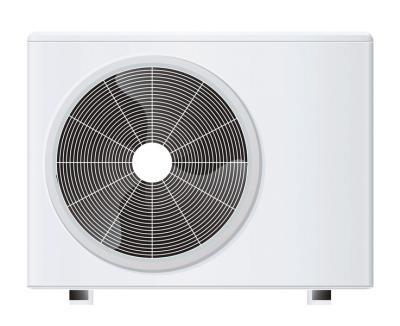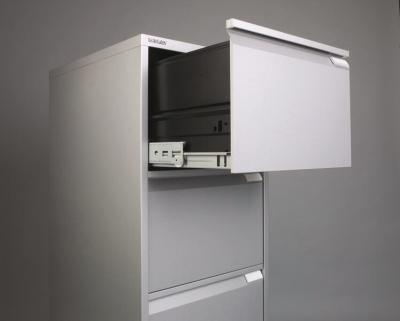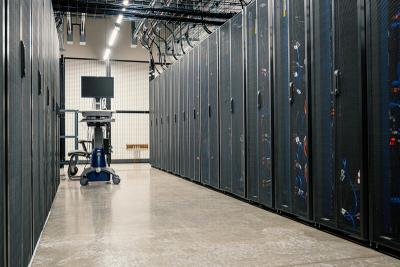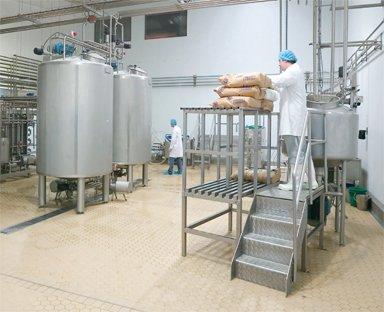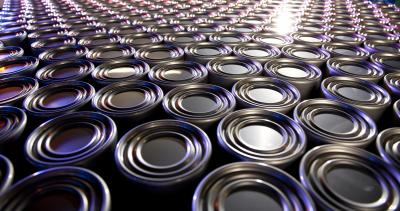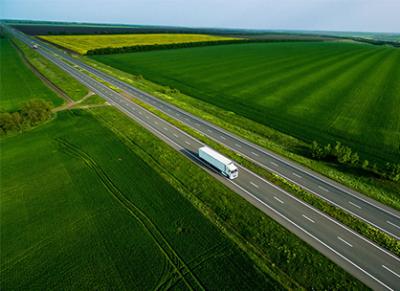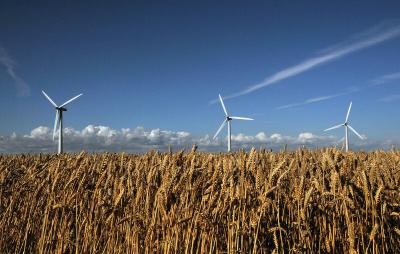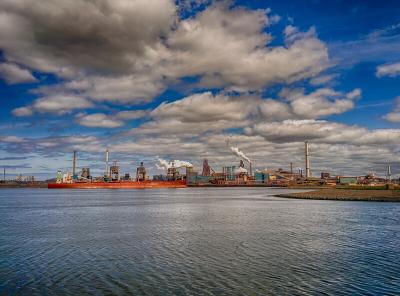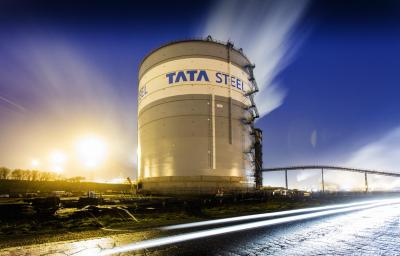Scientists developing stronger and lighter steels to meet the demands of the 21st century will have access to the latest research facilities thanks to a deal between Tata Steel and the University of Warwick.
An agreement has been signed between Tata Steel and the university’s Warwick Manufacturing Group (WMG) which marks the next stage in the creation of a new UK research and development centre for Europe’s second largest steelmaker.
The first step will be the opening of a research facility at the university this autumn where more than 40 Tata Steel scientists will be based.
Within two years, Tata Steel will relocate all its UK-based R&D specialist equipment, including electron microscopes, to expanded facilities at the university where a range of new materials will be developed to meet customers’ future demands, such as for renewable energy generation and more fuel-efficient cars and planes.
Karl Koehler, Chief Executive of Tata Steel’s European operations, said: “This development will allow us to work with world-class scientists and researchers to create new steels for customers who are shaping the low-carbon technologies of tomorrow.
“Our new UK R&D facilities will enable us to speed up the development of new products that help our customers become more competitive.”
The WMG announced in March it is establishing a £20 million Advanced Steel Research Centre at the university. This world-class centre will provide a unique national resource and will complement Tata Steel’s presence at the university.
Professor Lord Kumar Bhattacharyya, Chairman of WMG, said: “With Tata Steel we are creating a national focus that will help ensure that the UK steel industry has the knowledge, technology and skills to be able to compete in the huge international steel market.”
Tata Steel will carry out collaborative research with the University of Warwick as the hub, involving academics and industry experts from other organisations in the UK and around the world. They will work on programmes to help improve steel production, including research into emerging and breakthrough technologies. Research will focus on developing next generation products for major steel-using sectors including automotive, construction, energy & power, engineering and lifting & excavating.
Tata Steel has strong research links with academia in the UK. The company sponsors three joint Chair positions at the University of Warwick, an endowed Professorial Chair at the University of Cambridge and other Chairs at the universities of Sheffield, Swansea and Imperial College, London.
Tata Steel is the largest operator in the UK steel industry, employing around 17,000 people, and is a major supplier to many strategically-important UK manufacturers.
The company is the key partner in establishing The Proving Factory – an innovative partnership with high-tech companies in the automotive supply chain to help develop the technologies of tomorrow.
-ends-
Notes to Editors:
The Advanced Steel Research Centre funding has been made possible following a £14.5m award from the Government’s UK Research Partnership Investment Fund (UKRPIF) which is administered by the Higher Education Funding Council for England (HEFCE) in collaboration with the other three UK higher education funding bodies, as well as a contribution from the Regional Growth Fund.
For further information: Damien Brook on T. +44 (0)1724 405786 or damien.brook@tatasteel.com
About Tata Steel’s European operations
Tata Steel is Europe's second largest steel producer, with steelmaking in the UK and Netherlands, and manufacturing plants across Europe. The company supplies high-quality steel products to the most demanding markets, including construction, automotive, packaging, rail, lifting & excavating, energy and aerospace. Tata Steel works with customers to develop new steel products that give them a competitive edge. The combined Tata Steel group is one of the world’s largest steel producers, with a steel capacity of more than 28 million tonnes and 80,000 employees across five continents.



